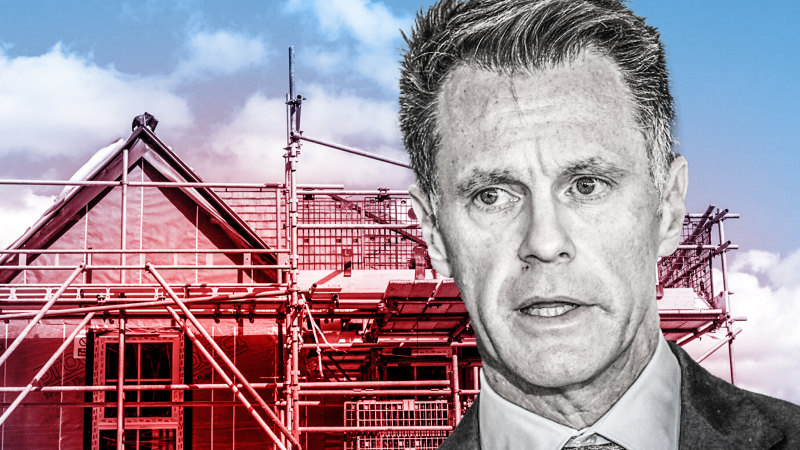
UPDATE: New reports confirm that a significant majority of voters in New South Wales (NSW) believe immigration levels are excessively high, as concerns mount over the state’s housing crisis. The latest data from the Resolve Political Monitor reveals that 58 percent of NSW voters express anxiety about the impact of new arrivals on the region, just two months after federal Labor announced the permanent national migration intake would remain unchanged at 185,000 places.
The findings highlight a growing discontent among the electorate, with 44 percent of voters stating that recent immigration has had a negative effect on NSW, while only 24 percent perceive a positive influence. The sentiment is particularly pronounced among Coalition voters, with 65 percent concerned about the influx of overseas residents. Even among Labor supporters, 48 percent believe immigration levels are too high, signaling widespread unease across party lines.
As the Minns Labor government grapples with ambitious targets to accommodate this growing population, the implications of these findings are critical. Voters are increasingly worried about the state’s ability to provide adequate housing and resources, amid a backdrop of rising living costs and limited availability.
Despite these public sentiments, statistics from the Australian Bureau of Statistics indicate a decline in net overseas migration for NSW. In the first quarter of the year, net overseas migration stood at 32,990, representing a 14 percent decrease compared to the same period last year. This marks a notable drop from the peak of 52,442 net overseas migrants recorded in the March quarter of 2023.
The urgency of these issues cannot be overstated. With fewer new arrivals entering the state, the government faces mounting pressure to effectively address the housing crisis and respond to voter concerns. As this situation develops, residents are urged to stay informed on how these immigration levels may impact their communities and the broader state of NSW.
NEXT STEPS: Observers and officials alike will be closely monitoring the government’s response to these findings, as public sentiment continues to evolve. With the next federal announcement expected to further shape immigration policy, the situation remains fluid. Residents are encouraged to voice their opinions and engage in discussions about the implications of immigration on their lives and the future of NSW.






